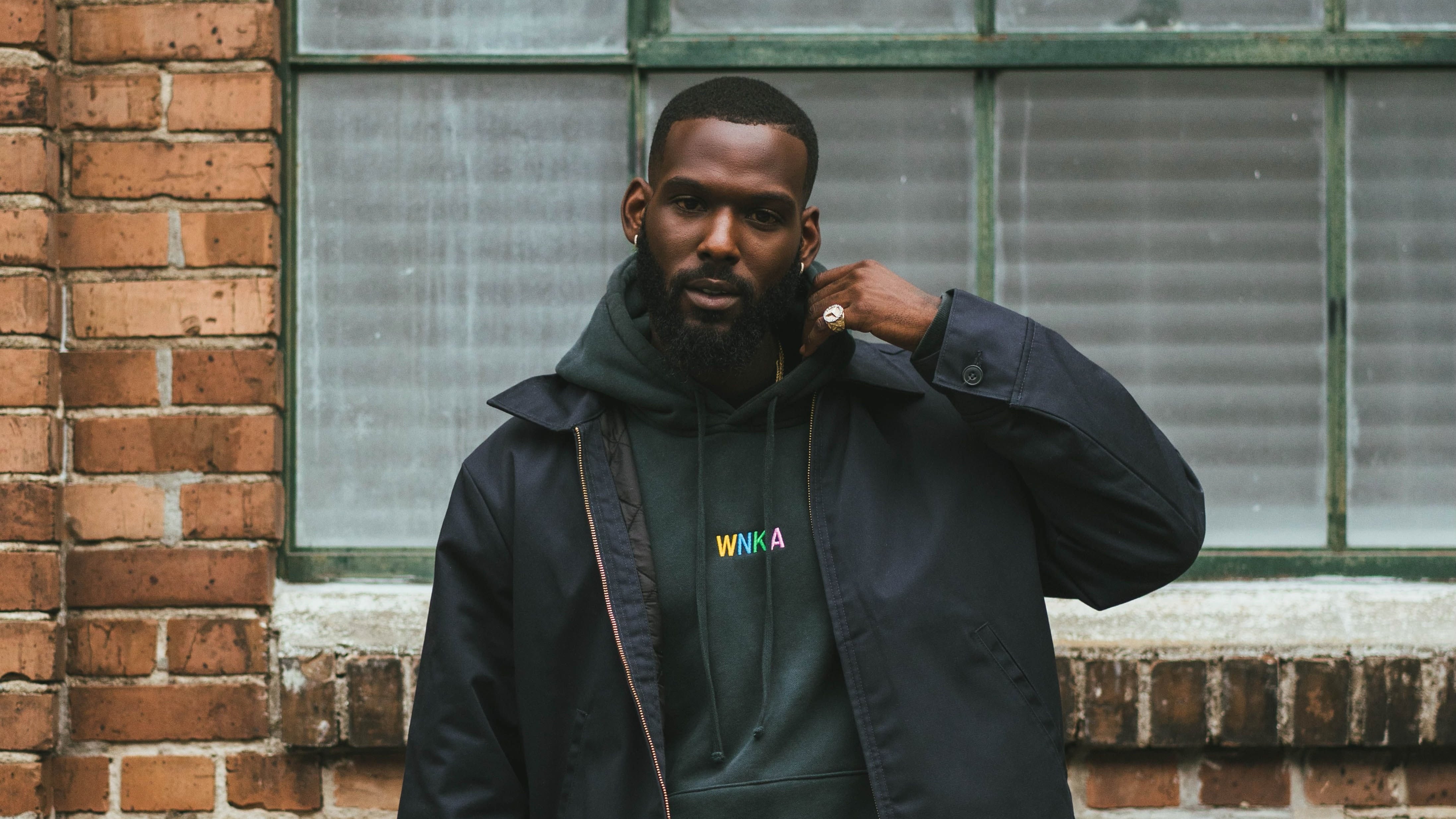With a throaty laugh, Kofi Siriboe remembers bus rides to middle school narrated by Lil Wayne’s “Money On My Mind.”
“I listen to that song now and it still slaps. But I'm like ‘Yo, what was I doing listening to this?’ I remember not knowing what he was talking about in some instances, but somehow it still resonated with me emotionally,” the actor and director told Blavity. "I see my little self being 13, 14 getting on the bus with my big ass CD player. iPods didn't come out for two or three years after this memory.”
Years later, memories like these would grow in heart and body for Siriboe, ultimately framing his vision for an archive of the nostalgic cultural moments that animated adolescence for Black millennials. With his business partner Julian Lane, the Los Angeles native officially launched We’re Not Kids Anymore (WNKA) in March.
WNKA is an interactive space intent upon contextualizing contemporary America (2000-2020) through a curated selection of 1,000+ cultural moments that marked the time.
Scrolling through the timeline, users are transported into a realm personified by the sights and sounds of Y2K, D'Angelo's second album release, the 2011 release of Carly Rae Jepsen’s “Call Me Maybe?” and, of course, the birth of Snapchat, LimeWire and PlayStation 2.
The 27-year-old told Blavity that he ruminated on the idea to archive these moments in the time he spent quarantined during the COVID-19 pandemic. Still, he explained, his interests in the world around him have deep, aged roots.
“I've always been a student of history, but not traditional history,” the Queen Sugar star told Blavity. “Being Black in America, whether you know you're a student of culture or not, I think we just naturally take that position for the sake of navigating things that may be unspoken. I’ve always been curious about why we are who we are, where did it start, and more so than even looking into the past: where are we gonna take it? Where do we wanna take it? It’s this combination of interest and existence.”
In its nod to nostalgia, WNKA also acknowledges the expectations that come with adulthood. Expectations that, the multi-hyphenate finds, are harsh and unforgiving.
“I miss the space you have as a kid — the space to imagine, to develop, the space to be. As an adult, you have to take on the identity of survival. Being an adult, there are certain things you can't get away with. Ultimately, I miss the freedom associated with being a kid,” he admitted.
Nevertheless, like a shifting raincloud blotting out the sun, the childhood freedom that Siriboe remembers was structured around the dog days of primary and secondary education.
“Everybody takes the world so seriously. In school, nobody tells you it’s really a game,” Siriboe told Blavity. “I wish they actually taught classes in school about tapping into the game of society, and about how to process emotions — just the process of being a human. There are a lot of serious elements to life, but there is also the reality that it's generated. This society is something someone created."
With WKNA, Siriboe says he also hopes to reimagine education in a way that speaks more authentically to kids’ holistic development.
“I don’t think kids are too young to know the truth. There are things I wish I had a 10, 15 year head start on," he continued.
"Our main goal as a platform is to illuminate education,” he explained of WKNA. "Being young, we all sat through school and they would teach us things, but I never felt fully represented by that education. We want to be able to teach kids what they want to know. ‘Education’ always sounds boring, it sounds dry. How do we reinvent or re-imagine that space? We want to teach kids about history and the future and all the moments that brought us to this point.”
Scrolling through the timeline of his youth, Siriboe confesses, he most enjoys seeing his own evolution, marked by the ever-changing world that raised him.
“There are a lot of important moments for me, especially Twitter, Instagram and Uber’s inception. I always remember my mom saying ‘Don't get in the car with strangers,' and then a few years later, there's a whole app for it," he reflects. "Before Airbnb, it was: ‘Don’t just be staying at people’s houses,’ we all know hotels are safe and traditional, and then they created a whole app for staying at other people’s houses. So, just seeing how the digital revolution has combined with my personal evolution is interesting to look at, and actually being able to track it, too.”

